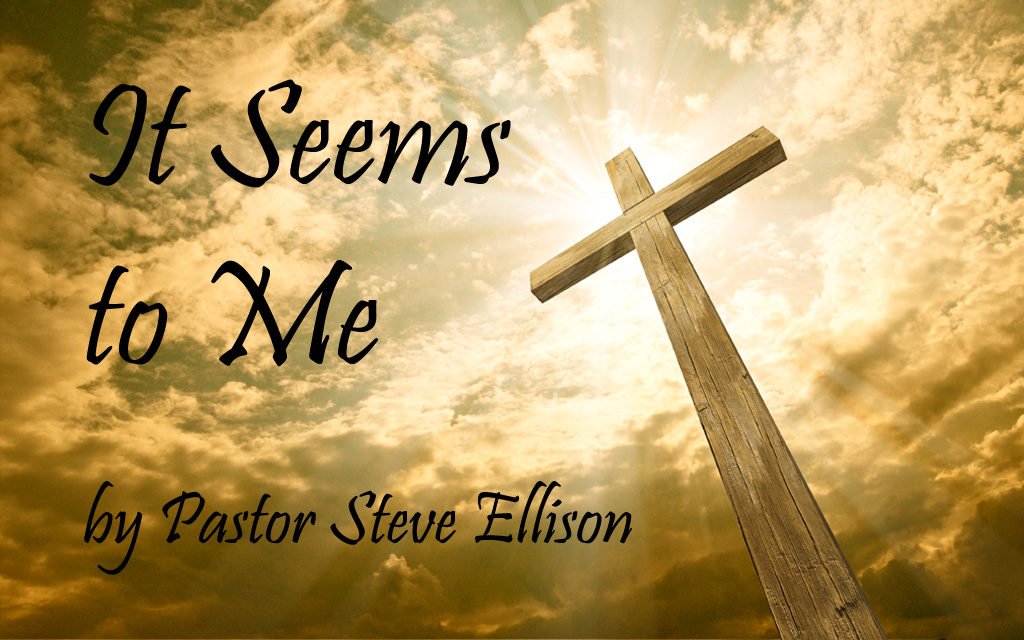by Pastor Steve Ellison
Dying from COVID-19 is not the greatest tragedy. Dying apart from Christ is the greatest tragedy. Does God have your attention yet? The vpndays illustrates the longsuffering, pursuing love that God has for His people in spite of our appalling unfaithfulness. The book of Hosea is a vivid and shocking object lesson of just what lengths God Almighty will go to in demonstrating His patient, extravagant, pursuing love for His children. God created us. He chose us, not because of any merit in us, but simply because He chose us. He bought us back out of the slavery into which we had sold ourselves. He came looking for us after we wandered away yet again. In spite of our filthy unfaithfulness, He welcomed us back time after time.
Can God become exasperated? Can God reach the point where it appears that He does not know what to do? Can God feel emotional pain? I don’t know those answers, but take a look at Hosea 6:4, where He at least uses human emotions to show us what His people (then and now) are like, “What can I do with you, Ephraim? What can I do with you, Judah? Your love is like the morning mist, like the early dew that disappears.” (NIV) How can anyone read that and not hear the sound of the divine heart breaking? I do not understand all there is to know about the absolute sovereignty and immutable character of God. I do not fully understand why God created us and desires a relationship with us. I do not completely grasp what our lack of loyalty and love does to Him, but my reading of the Old Testament seems to indicate that it causes Him awful heartache. The verses that follow verse 4 highlight the intense, repeated warnings and pleas for repentance that God’s people had ignored.
In Hosea’s time, the nation had been split into two kingdoms. God used Ephraim to designate the northern and Judah to designate the southern. He is equally unhappy with both. After all that He has done on their behalf, after He has redeemed them, purchased them, pursued them, welcomed them back even in their sorry state, they still have not responded appropriately with any real gratitude or love or faithfulness. Keep in mind that we are no different. God has examined them (and us) and He has found that our response to Him, if it is love at all, it is only like the morning mist, the dew that disappears at the first hint of the sun. God goes on in 6:6 to tell them exactly what He wants from them. By the way, He wants the same thing from us. Various translations tell us that God, rather than sacrifices, really wanted loyalty, steadfast love, mercy, and goodness from them. When we show love, mercy, and kindness to our neighbors and our enemies, we are actually showing those things to God. The point of 6:6 is that rather than burnt offerings, God’s desire was for His people to acknowledge Him, be acquainted with Him, to know Him, to have a relationship with Him. That is really the heart of God. He wants us to know Him, not just about Him, but rather to know Him personally. I know about many people, but I don’t really know most of them. That is unfortunate but not a tragedy. However, only knowing about God when He really desires for me to truly know Him, and has done everything needed for me to know Him, is a tragedy of epic proportion. “Oh, what can He do with me?” is a haunting question indeed.






